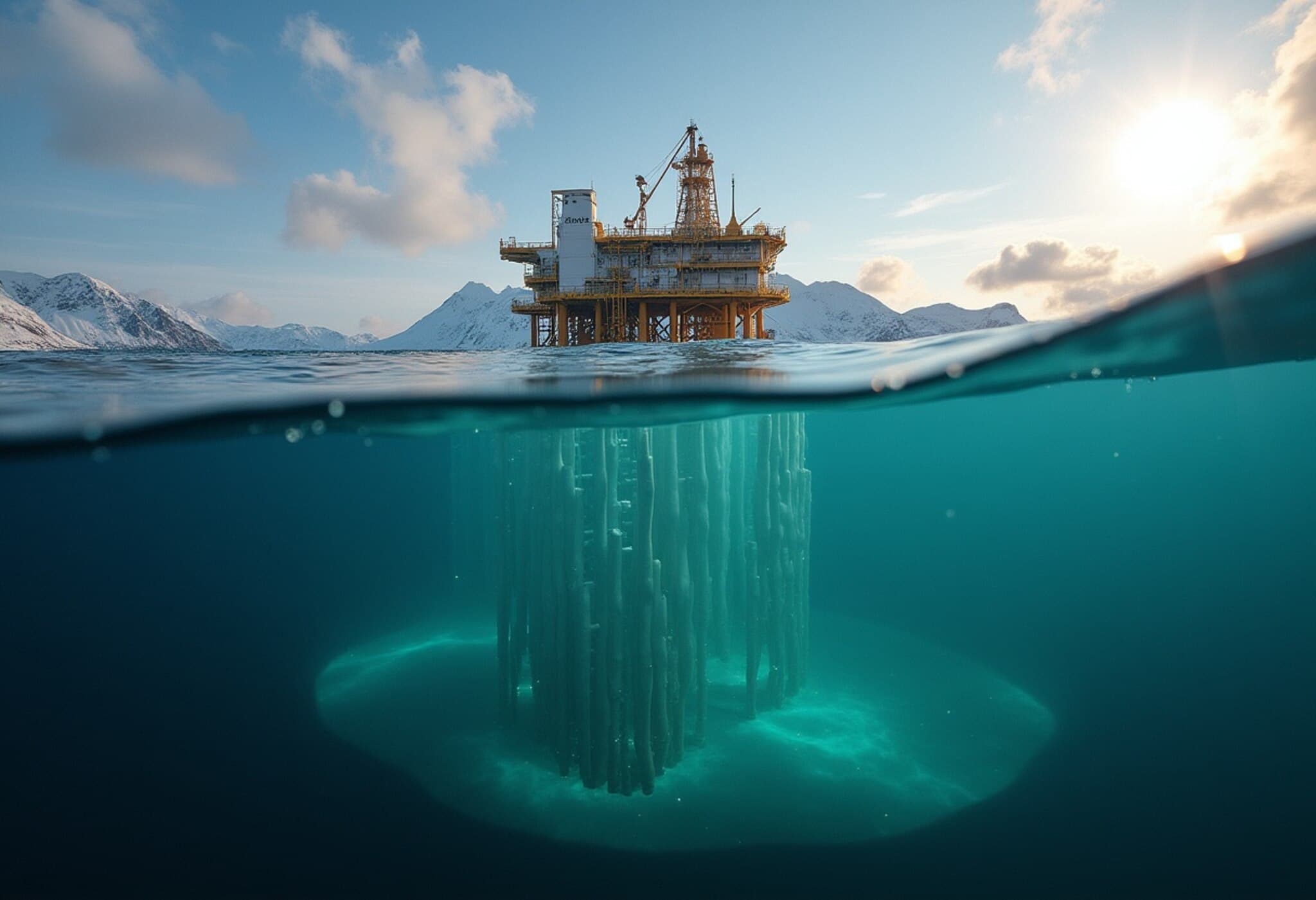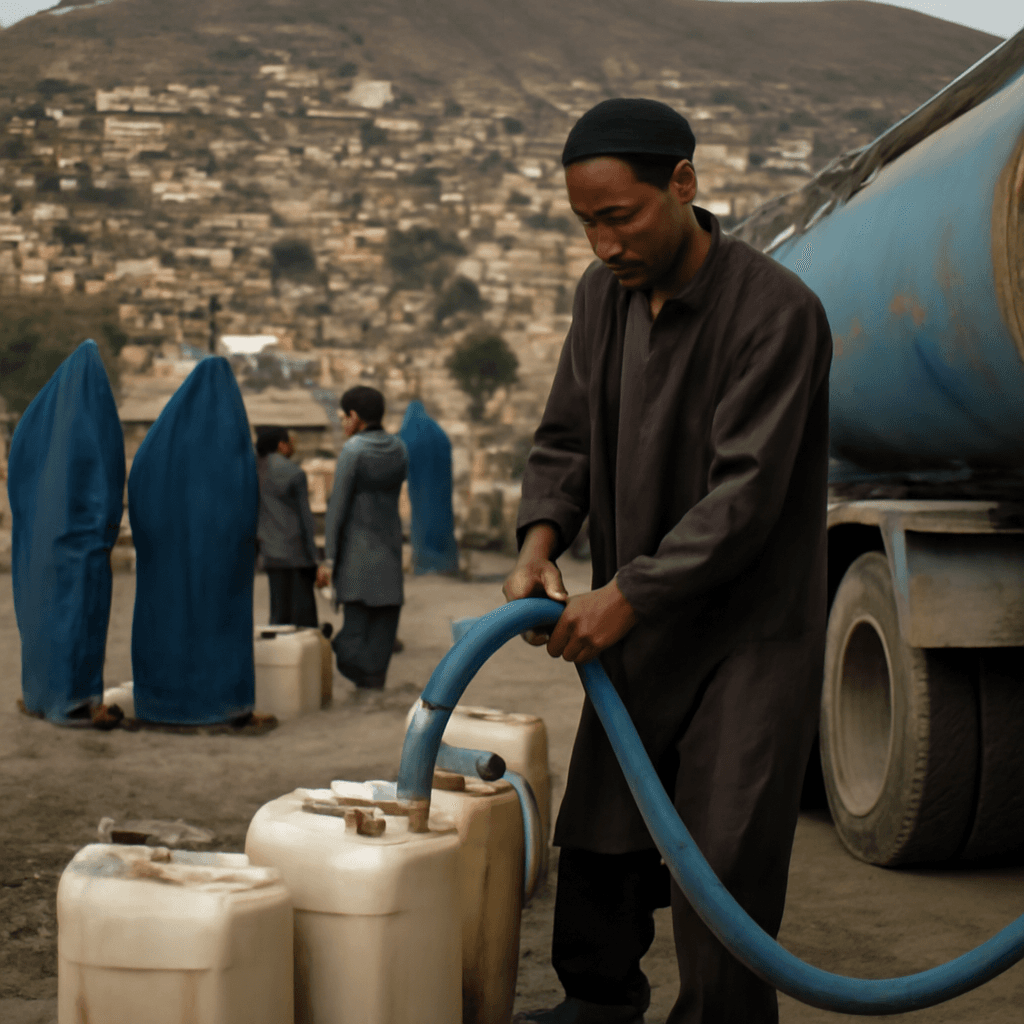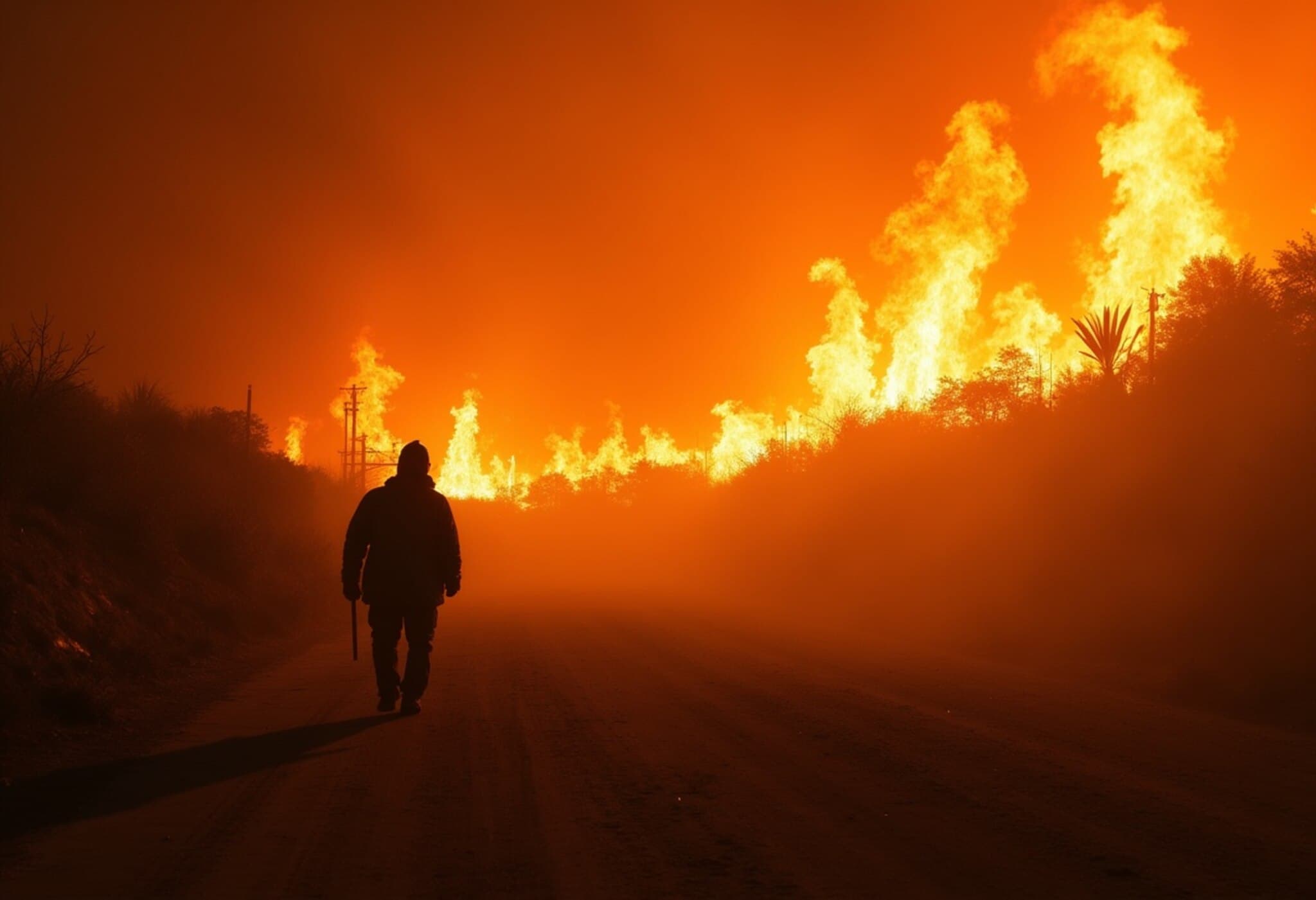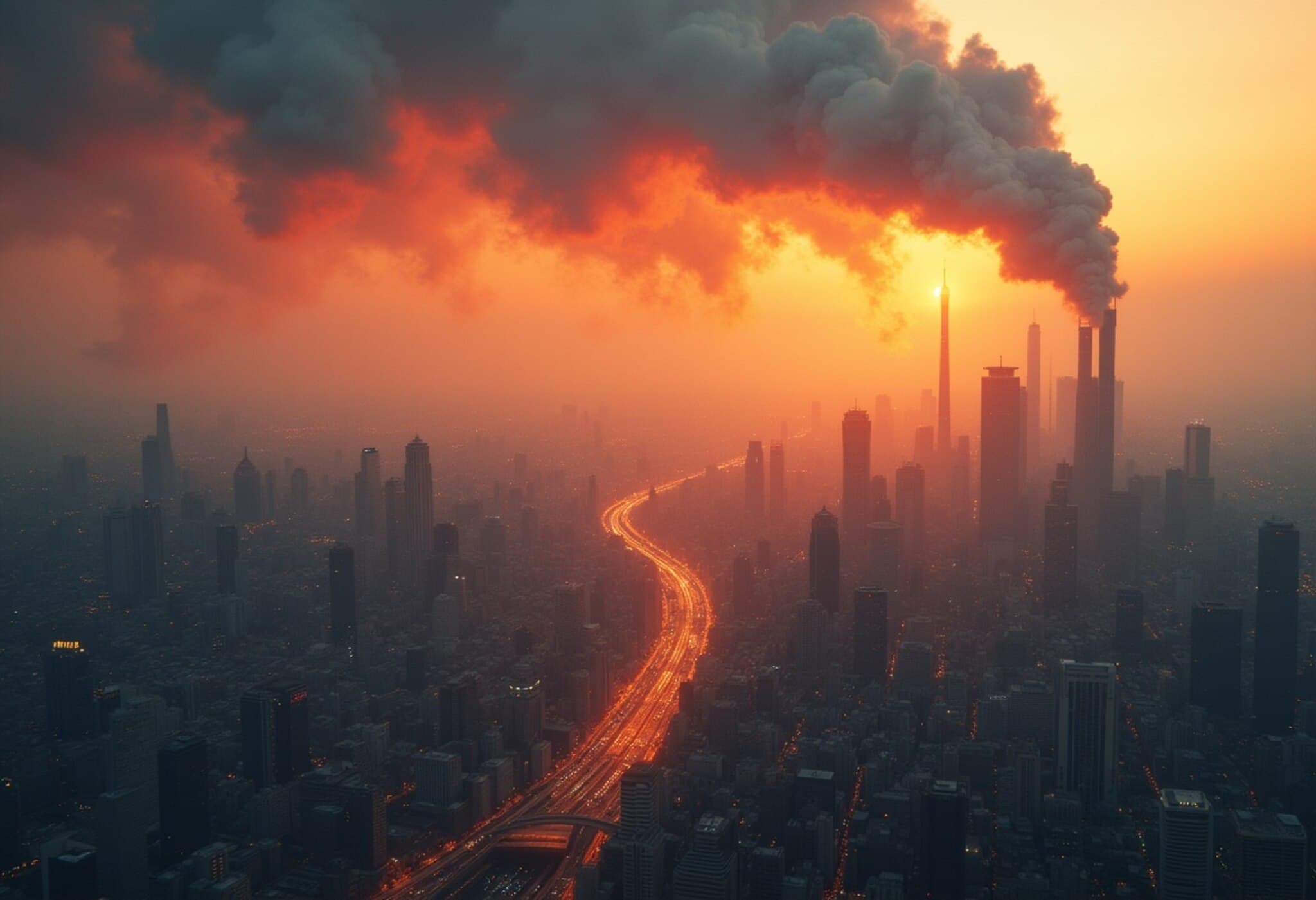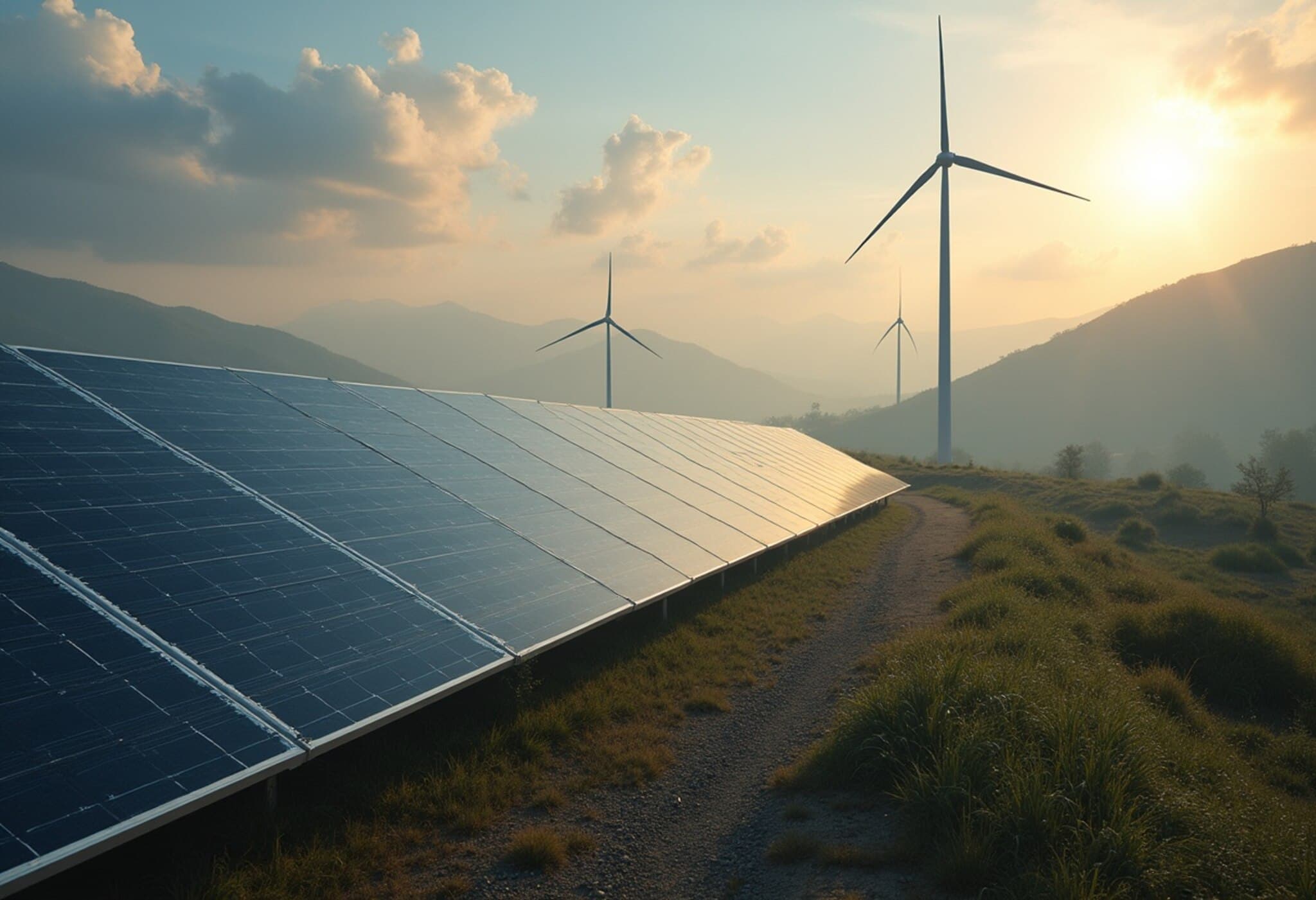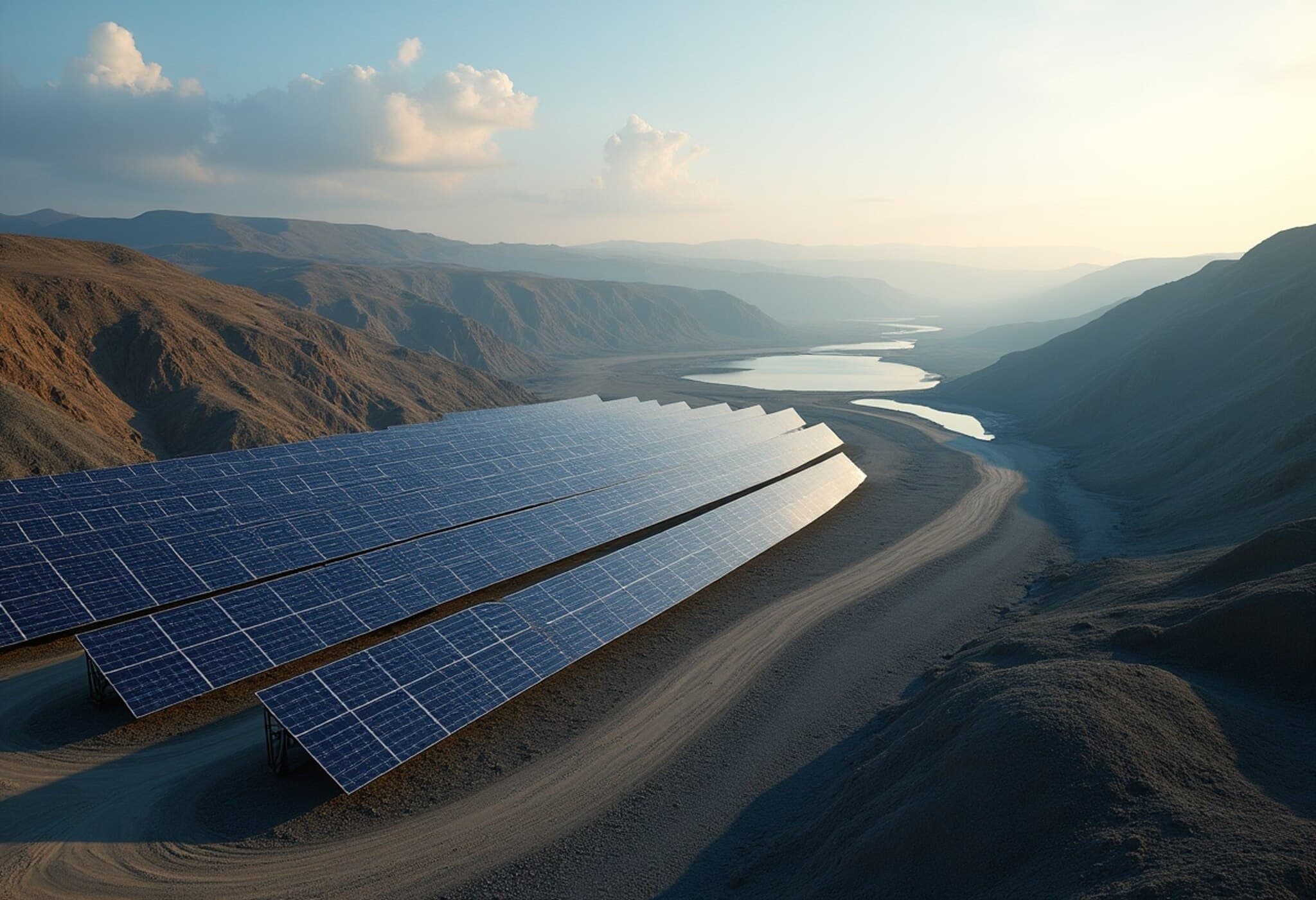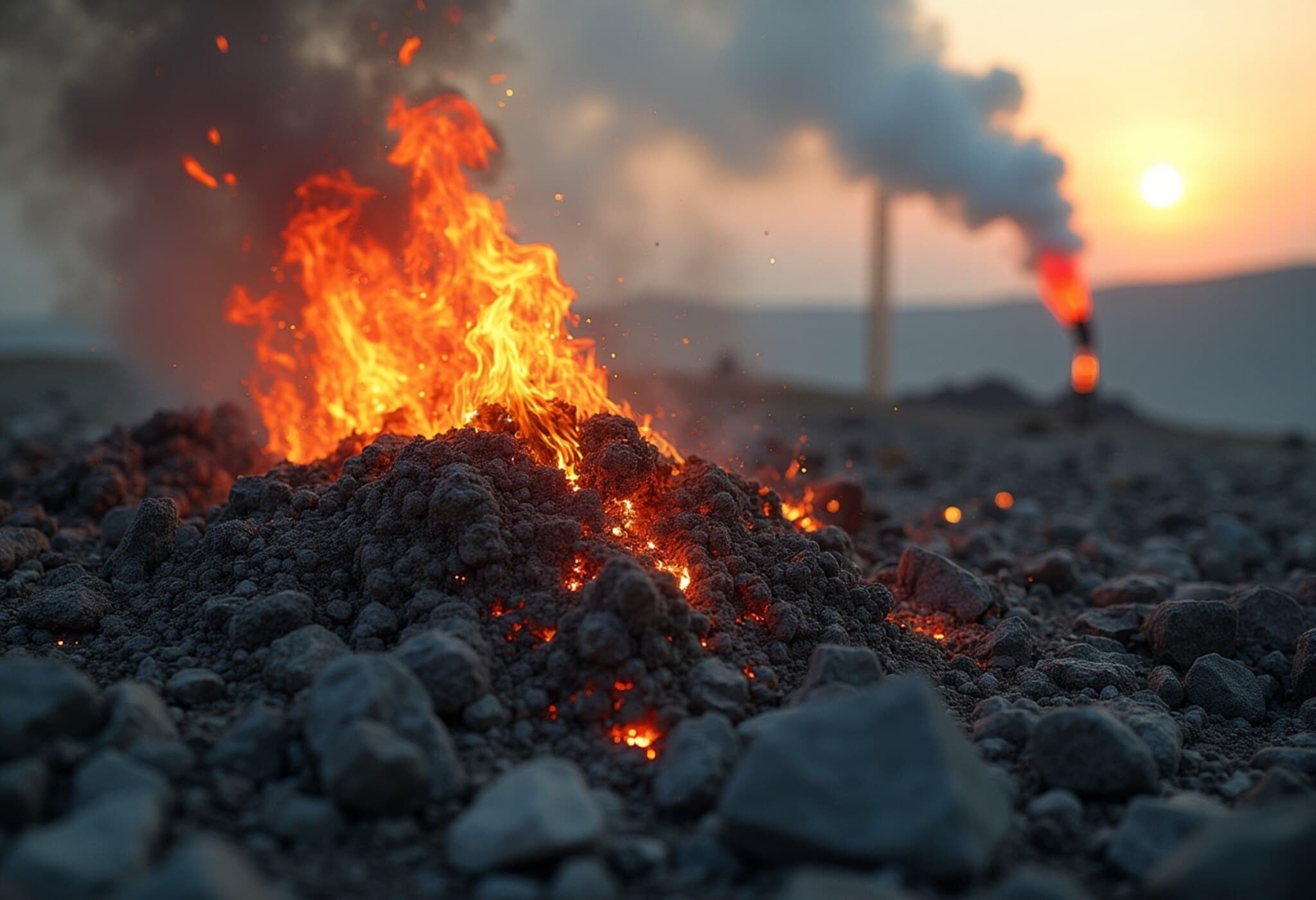The 2025 Climate Change Performance Index (CCPI) reveals that no country has fully met the criteria for a top overall rating, leaving the top three ranks vacant. This underscores the ongoing challenge nations face in effectively addressing climate change.
The CCPI evaluates countries based on greenhouse gas emissions, renewable energy deployment, energy consumption, and climate policy effectiveness. Denmark leads the list as the highest-ranked country, positioned 4th with a score of 78.37, performing particularly well in renewable energy and emissions management.
The Netherlands and the United Kingdom follow in 5th and 6th places, respectively. Meanwhile, countries such as Iran, Saudi Arabia, and the United Arab Emirates rank among the lowest, with scores between 17.47 and 39.23.
India’s Performance
India holds the 10th position, maintaining a relatively strong global standing despite a slight drop from previous rankings. India scores high in greenhouse gas emissions management and energy consumption, moderate in climate policy, but still low in renewable energy adoption.
Significant progress has been made in expanding solar energy capacity, benefiting from large-scale projects and rooftop solar initiatives, as well as growing electric vehicle adoption, particularly two-wheelers. However, coal remains a dominant energy source, with India among the countries holding the largest coal reserves and planning increased production.
Global Overview
The CCPI assesses 63 countries plus the European Union, representing over 90% of global greenhouse gas emissions. Among the G20 nations, India and the United Kingdom are noted for relatively low per capita emissions and are on track regarding climate action. In contrast, major emitters including China (rank 55), the United States (57), Canada (62), and the UAE (65) lag significantly.
The United Kingdom has improved notably, climbing to 6th place. It rates highly on emissions and energy use but receives a lower rating for renewable energy efforts.
Top and Bottom Countries in the 2025 CCPI
- Top 10:
4th: Denmark – 78.37
5th: Netherlands – 69.6
6th: United Kingdom – 69.29
7th: Philippines – 68.41
8th: Morocco – 68.32
9th: Norway – 68.21
10th: India – 67.99
(Positions 1 to 3 remain unfilled)
- Bottom 10:
67th: Islamic Republic of Iran – 17.47
66th: Saudi Arabia – 18.15
65th: United Arab Emirates – 19.54
64th: Russia – 23.54
63rd: South Korea – 26.42
62nd: Canada – 28.37
61st: Kazakhstan – 33.43
60th: Chinese Taipei – 34.87
59th: Argentina – 35.96
58th: Japan – 39.23
The index highlights the urgent necessity for stronger and more effective climate policies worldwide, especially from the largest emitters, to keep global warming below 2°C, with 1.5°C as the optimal goal.


